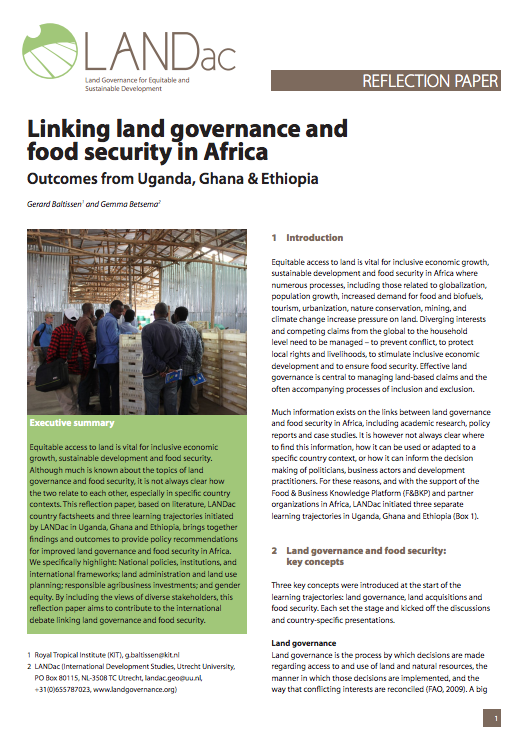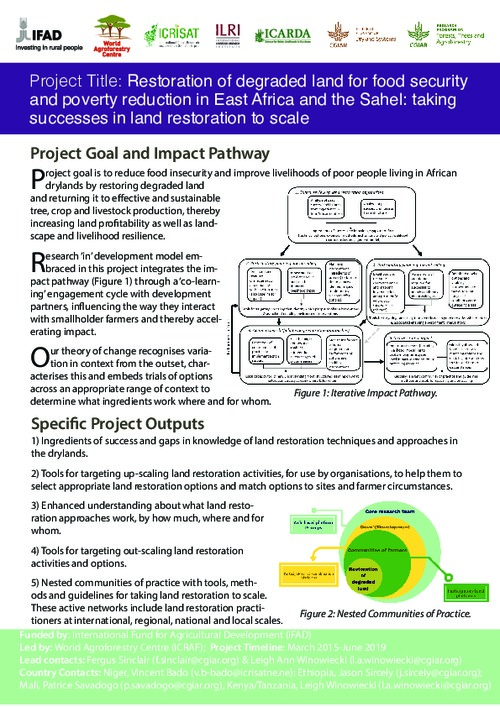Climate-smart agriculture in Moldova
The climate-smart agriculture (CSA) concept reflects
an ambition to improve the integration of agriculture
development and climate responsiveness. It aims to
achieve food security and broader development goals
under a changing climate and increasing food demand.
CSA initiatives sustainably increase productivity, enhance
resilience, and reduce/remove greenhouse gases (GHGs),
and require planning to address tradeoffs and synergies
between these three pillars: productivity, adaptation, and








